Home>Garden Essentials>How To Get Landscape Design Experience
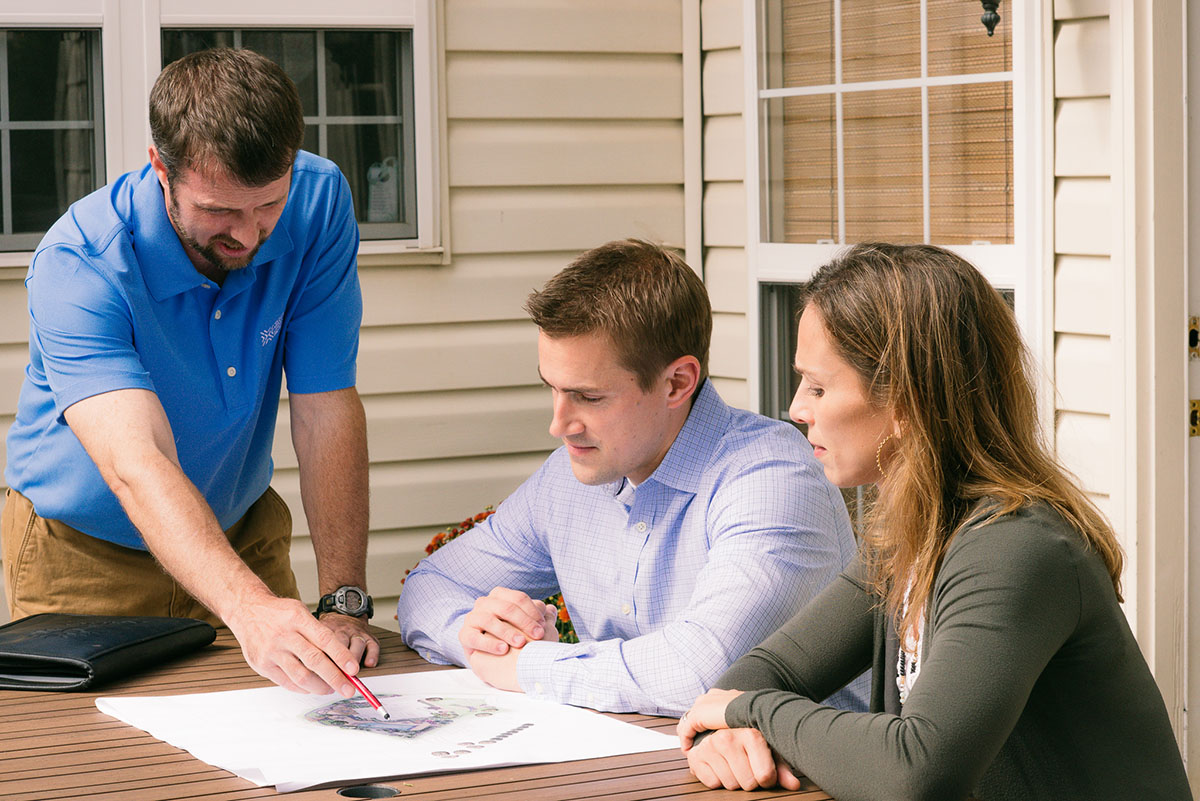

Garden Essentials
How To Get Landscape Design Experience
Modified: March 7, 2024
Gain valuable garden design experience with our comprehensive guide on how to get landscape design experience. Enhance your skills and create stunning outdoor spaces.
(Many of the links in this article redirect to a specific reviewed product. Your purchase of these products through affiliate links helps to generate commission for Storables.com, at no extra cost. Learn more)
Introduction
Welcome to the world of landscape design! If you’re passionate about creating beautiful outdoor spaces and have a green thumb, then you’ve come to the right place. Landscape design is an exciting field that combines artistry, horticulture, and environmental consciousness. Whether you’re looking to make a career out of it or simply enhance your gardening skills, gaining landscape design experience is key.
Having practical experience in landscape design not only enhances your knowledge and skillset but also opens up various opportunities for career advancement and personal growth. From volunteering to apprenticeships, there are several ways to get hands-on experience in this field. In this article, we will explore different avenues that can help you gain valuable landscape design experience.
Before diving into the various options, it’s important to understand the significance of landscape design experience. Practical training allows you to apply theoretical knowledge in real-life situations, providing you with a better understanding of the challenges and complexities that come with designing outdoor spaces. It also allows you to hone your creative skills, develop problem-solving abilities, and learn from experienced professionals in the industry.
Whether you’re a student, a career changer, or a gardening enthusiast, gaining landscape design experience will not only enhance your resume but also give you the confidence and practical knowledge needed to succeed in this field.
So, without further ado, let’s explore the different avenues through which you can gain landscape design experience.
Key Takeaways:
- Gain practical landscape design experience through volunteering, apprenticeships, and internships to develop your skills, network with professionals, and make a positive impact on the environment and community.
- Embrace freelancing or starting your own landscape design business by evaluating your skills, creating a business plan, building a portfolio, and networking to achieve creative freedom and professional success.
Read more: How To Create A Spa-Like Shower Experience
Importance of Landscape Design Experience
Landscape design experience is crucial for individuals aspiring to make a career in the field or those seeking to enhance their gardening skills. It offers numerous benefits and opportunities for personal and professional growth. Let’s delve into why landscape design experience is important:
- Practical Application: Landscape design experience allows you to apply theoretical knowledge in real-life projects. It’s one thing to study design principles in a classroom setting, but it’s a whole different experience to implement those principles in an actual outdoor space. This hands-on application helps you gain a deeper understanding of the nuances and challenges associated with landscape design, enhancing your problem-solving and critical thinking skills.
- Creative Development: By gaining landscape design experience, you have the opportunity to unleash your creativity and experiment with various design elements. Working on different projects exposes you to different styles, themes, and techniques, allowing you to develop your unique design aesthetic. It’s a chance to explore your artistic side while ensuring functional and sustainable design solutions.
- Industry Exposure: Engaging in landscape design projects gives you exposure to the industry and allows you to interact with experienced professionals. This exposure helps you understand industry trends, best practices, and the latest advancements in sustainable design. It also provides networking opportunities and opens doors to potential mentorship or collaboration with established designers.
- Client Interaction: Landscape design experience involves working with clients and understanding their needs and preferences. This client interaction allows you to develop essential communication and interpersonal skills. Learning how to listen, interpret client requirements, and effectively communicate design concepts are crucial aspects of being a successful landscape designer.
- Career Advancement: Gaining landscape design experience sets you apart from other candidates in the job market. Many employers prefer candidates with practical experience as it showcases your ability to apply theoretical knowledge and work in diverse settings. Landscape design experience can also open up opportunities for advancement, such as moving into project management roles or starting your own design business.
- Personal Satisfaction: There’s nothing quite like the satisfaction of seeing your landscape design come to life. Landscape design experience allows you to witness the transformation of a space from start to finish, creating beautiful outdoor environments that enhance people’s lives. The sense of accomplishment and fulfillment derived from creating something tangible is immeasurable.
In summary, landscape design experience offers a multitude of benefits, including practical application, creative development, industry exposure, client interaction, career advancement, and personal satisfaction. It’s an investment in your professional growth and an opportunity to make a positive impact through innovative and sustainable design solutions.
Volunteer Opportunities for Landscape Design
Volunteering is a fantastic way to gain landscape design experience while making a positive impact on your community. There are various organizations and projects that offer volunteer opportunities in this field. Let’s explore some of these opportunities:
- Community Gardens: Many cities and towns have community gardens where volunteers can contribute to the design and maintenance of public green spaces. These gardens serve as valuable learning grounds for aspiring landscape designers. By participating in community garden projects, you can enhance your knowledge of plant selection, garden layout, and sustainable practices.
- Parks and Recreational Areas: Local parks and recreational areas often seek volunteers to assist with landscaping and maintenance tasks. This could include planting and pruning trees, tending to flower beds, and maintaining walking paths. Working in these environments provides practical experience in the design and upkeep of outdoor spaces that cater to public use and enjoyment.
- Nonprofit Organizations: Many nonprofit organizations focus on environmental conservation and beautification projects. These organizations often rely on volunteers to assist with landscape design initiatives, such as creating gardens in urban areas, rehabilitating natural habitats, or developing sustainable landscapes for schools or community centers. Volunteering with such organizations allows you to contribute to meaningful projects while gaining valuable experience.
- Botanical Gardens and Arboretums: Botanical gardens and arboretums offer unique opportunities to learn from professional horticulturists and landscape designers. They sometimes have volunteer programs where individuals can assist with garden planning, plant care, and landscaping projects. These experiences provide exposure to diverse plant species and specialized gardening techniques, and allow you to work in stunning and educational environments.
- Historic Preservation Projects: Participating in volunteer projects focused on historic preservation can provide invaluable landscape design experience. Many historic sites require sensitive landscaping and garden restoration to maintain their historical authenticity. By volunteering with organizations involved in these projects, you can learn about the design principles and considerations specific to historic landscapes.
When seeking volunteer opportunities, consider reaching out to local government agencies, nonprofit organizations, and community groups that focus on environmental and beautification efforts. These organizations often list volunteer opportunities on their websites or have volunteer coordinators who can guide you through the process.
Remember, volunteering is not only an opportunity to gain landscape design experience but also a chance to connect with like-minded individuals, expand your professional network, and make a positive impact on the environment and your community.
Apprenticeship Programs in Landscape Design
Apprenticeship programs are a valuable pathway for individuals seeking in-depth and hands-on landscape design experience. These programs provide a structured learning environment where aspiring designers can work alongside experienced professionals and gain practical skills. Here are some options for apprenticeship programs in landscape design:
- Professional Associations: Many professional associations and societies in the field of landscape design offer apprenticeship programs. These programs provide aspiring designers with the opportunity to work under the guidance of experienced professionals, either through a structured curriculum or on specific projects. Examples of such associations include the American Society of Landscape Architects (ASLA) and the Association of Professional Landscape Designers (APLD).
- Landscape Design Firms: Some landscape design firms offer apprenticeship programs to train and mentor individuals in the field. These programs give apprentices the chance to work on real projects, gain practical skills, and learn from experienced designers. Apprenticeship opportunities can vary in length and structure, so it’s important to research and reach out to firms in your area to inquire about potential apprenticeship openings.
- Government Agencies: Local and state government agencies often have apprenticeship programs in landscape design. These programs may be focused on designing and maintaining public parks, gardens, and other outdoor spaces. Working in a government agency setting provides exposure to a wide range of projects and allows apprentices to gain experience in design, project management, and public engagement.
- Academic Institutions: Some colleges and universities offer apprenticeship programs as part of their landscape design curriculum. These programs typically combine classroom learning with hands-on experience under the guidance of faculty and industry professionals. Apprenticeship programs through academic institutions provide a comprehensive education in landscape design while allowing for practical application in real-world projects.
When considering apprenticeship programs, it’s important to research and assess the program’s structure, duration, and the level of mentorship and hands-on experience provided. Look for programs that align with your career goals and offer opportunities to work on diverse projects that reflect your areas of interest.
Apprenticeships in landscape design provide valuable mentorship, networking opportunities, and practical skills that can enhance your professional development. They also provide a chance to observe and learn from experienced designers, understand the industry’s best practices, and build a strong foundation for your career.
Before applying for an apprenticeship program, consider reaching out to current or former apprentices, attending informational sessions, or participating in open houses or job fairs to get a better understanding of the program’s requirements and the experiences of past participants.
Remember, apprenticeships are not only a means to gain landscape design experience but also a stepping stone towards a successful career in this field. Be proactive, dedicated, and eager to learn, as these qualities will make your apprenticeship experience even more rewarding.
Internship Opportunities in Landscape Design
Internships are a valuable and practical way to gain hands-on experience in the field of landscape design. These opportunities allow you to work closely with professionals, immerse yourself in real-world projects, and develop essential skills. Here are some avenues to explore for internship opportunities in landscape design:
- Landscape Design Firms: Many landscape design firms offer internships to students and individuals who are starting their career in the field. Interning at a design firm allows you to work on actual projects, collaborate with experienced designers, and gain exposure to the entire design process from concept development to project completion. This experience can provide valuable insights into client interactions, project management, and the day-to-day operations of a design firm.
- Architecture and Design Firms: Interning at an architecture or multidisciplinary design firm can also provide valuable experience in landscape design. These firms often have landscape architects as part of their teams, and interning in such an environment exposes you to a broader range of design disciplines and allows for collaboration across different specialties. You can contribute to landscape design projects within larger architectural projects, gaining a comprehensive understanding of how landscape design integrates with the built environment.
- Botanical Gardens and Arboretums: Interning at botanical gardens and arboretums gives you the opportunity to work in beautiful and diverse plant collections. These institutions often have horticulture and landscape design departments where interns can assist with garden planning and maintenance, greenhouse operations, and public education programs. Working in this setting provides a unique perspective on the relationship between plants and design.
- Government Agencies: Local and state government agencies, such as departments of parks and recreation and environmental planning, often offer internship programs in landscape design. Interning in a government agency exposes you to public sector projects and the intricacies of designing and managing outdoor spaces for the community. You may have the opportunity to be involved in park planning, environmental restoration initiatives, or urban design projects.
- Nonprofit Organizations: Nonprofit organizations focused on environmental conservation and sustainability often have internship opportunities in landscape design. These organizations may work on projects like community gardens, urban greening initiatives, or advocacy for green spaces. Interning with such organizations allows you to contribute to meaningful projects while gaining hands-on experience in sustainable design principles.
When searching for internship opportunities, it’s essential to research and explore the specific requirements and application processes of each organization. Many internships in landscape design are advertised on job boards, organizational websites, or through college and university career services. Additionally, networking with professionals in the field and attending industry events can help you uncover hidden internship opportunities.
Internships provide a valuable platform to apply your classroom knowledge, gain practical skills, and develop a professional network in the landscape design industry. They offer a stepping stone towards a successful career by building your portfolio, enhancing your resume, and providing you with experiences that distinguish you in the job market.
Remember, internships are not just about getting coffee and making photocopies. Embrace every opportunity to learn, ask questions, and take on responsibilities. The more you immerse yourself in the internship experience, the more you will gain from it.
Consider volunteering at local parks, botanical gardens, or community gardens to gain hands-on experience in landscape design. This will provide you with practical skills and the opportunity to work with experienced professionals in the field.
Networking and Mentoring in Landscape Design
Networking and mentoring play integral roles in the growth and success of professionals in the field of landscape design. Building a strong network of industry contacts and finding mentors can provide valuable guidance, support, and opportunities for career advancement. Here are some strategies to effectively network and seek mentoring in landscape design:
- Professional Associations: Joining professional associations related to landscape design, such as the American Society of Landscape Architects (ASLA) or local design chapters, can provide a platform for networking. Attend industry events, conferences, and workshops hosted by these associations to connect with other professionals in the field, learn about the latest trends, and engage in discussions on landscape design topics. These events also serve as opportunities to establish relationships with potential mentors who can offer guidance throughout your career.
- Online Communities: Engaging in online communities and forums focused on landscape design can be an effective way to connect with professionals in the field. Platforms such as LinkedIn groups, design forums, and social media communities provide spaces for asking questions, sharing knowledge, and networking with like-minded individuals. Actively participate in these communities by providing helpful insights, sharing your own experiences, and reaching out to professionals who inspire you.
- Alumni Networks: Leverage your alumni network if you have studied landscape design in a college or university. Connect with former classmates, professors, and alumni who are currently working in the field. Attend alumni events, join alumni groups on social media platforms, and reach out for informational interviews or mentorship opportunities. Your alumni network can provide valuable advice, job leads, and connections to further your career in landscape design.
- Attend Workshops and Seminars: Regularly attending workshops, seminars, and continuing education programs in landscape design offers opportunities to meet professionals and experts in the field. These events often provide networking breaks or social activities where you can interact with industry leaders, fellow attendees, and potential mentors. Actively participate in discussions, ask questions, and exchange contact information to build relationships.
- Seek Mentoring Relationships: Seek out experienced professionals in the field who can serve as your mentors. Mentors can provide guidance, share their insights and experiences, and offer advice on career progression. Reach out to professionals you admire, whether through industry events, referrals, or online platforms, and express your interest in establishing a mentoring relationship. It’s important to be clear about your goals and expectations and to be respectful of their time and expertise.
- Offer Your Own Expertise: Networking is a two-way street. As you build connections in the field, be willing to offer your own expertise and support to others. Share your knowledge through presentations, articles, or online platforms. Volunteer to participate in panel discussions or mentorship programs. By actively contributing to the industry and helping others, you will also establish yourself as a valuable resource and widen your network.
Remember, networking and mentoring are ongoing processes that require consistent effort and genuine engagement. Cultivate relationships with individuals who share your passion for landscape design and are willing to support you in your career growth. Be proactive, follow up with contacts, and always express gratitude for the guidance provided by your mentors.
The landscape design profession thrives on collaboration and sharing knowledge. By actively networking and seeking mentoring relationships, you not only expand your professional network but also create opportunities for personal and career development in the field of landscape design.
Continuing Education and Workshops in Landscape Design
Continuing education and workshops are essential for staying up to date with the latest trends, techniques, and advancements in the field of landscape design. They offer opportunities to expand your skills, broaden your knowledge, and network with other professionals. Here are some avenues to explore for continuing education and workshops in landscape design:
- Industry Organizations: Many professional associations and organizations offer continuing education programs specifically tailored to landscape design. These programs cover a wide range of topics, from sustainable design practices to digital rendering techniques. Check the websites of organizations like the American Society of Landscape Architects (ASLA), local landscape design associations, or educational institutions for information on upcoming workshops and courses.
- Colleges and Universities: Academic institutions often offer continuing education courses or certificate programs in landscape design. These programs cater to professionals who want to expand their skills or pursue specialized areas of interest. Look for courses ranging from plant selection and garden design to landscape construction and horticulture. Consider enrolling in workshops or short-term programs offered by well-established universities with renowned landscape design departments.
- Industry Conferences and Events: Attending industry conferences, seminars, and trade shows is an excellent way to gain knowledge and network with experts in landscape design. These events feature presentations and workshops by renowned designers, researchers, and industry professionals. They cover a wide range of topics, including emerging design trends, sustainable practices, and advanced design technologies. Make a point to participate in field trips, panel discussions, and networking opportunities offered during these events.
- Online Courses and Webinars: The internet has made it easier than ever to access continuing education in landscape design. Many online platforms offer courses, webinars, and virtual workshops that allow you to learn at your own pace from anywhere in the world. These online resources cover various aspects of landscape design, from design principles and plant selection to site analysis and project management. Research reputable platforms that offer quality content taught by experienced professionals.
- Local Botanical Gardens and Arboretums: Botanical gardens and arboretums often host workshops and educational programs for gardening and landscape enthusiasts. These workshops cover a wide range of topics, such as garden design, plant care, and landscape ecology. Taking part in these programs allows you to learn from experts in a hands-on setting and gain insights into the practical aspects of maintaining beautiful and sustainable outdoor spaces.
When choosing continuing education programs or workshops, consider your specific goals, interests, and budget. Determine the level of expertise offered in the courses and ensure they align with your career aspirations or current knowledge level.
Continuing education and workshops in landscape design offer opportunities to expand your skill set, gain knowledge of emerging design trends, and network with other professionals in the field. Remember that learning is a lifelong process, and investing in your professional development through continuing education ensures that you stay at the forefront of the industry.
Embrace the opportunities presented by these programs, and make a habit of continuously seeking new knowledge and skills to stay ahead in the ever-evolving landscape design field.
Freelancing and Starting Your Own Landscape Design Business
Freelancing or starting your own landscape design business is an exciting and rewarding path in the field of landscape design. It offers you the opportunity to showcase your creativity, work on diverse projects, and have control over your career trajectory. Here are some key steps to consider when venturing into freelancing or starting your own landscape design business:
- Evaluate Your Skills and Expertise: Assess your skills, knowledge, and experience in landscape design. Identify your areas of strength and expertise, as well as any skills or knowledge gaps that you may need to address. This evaluation will help you define your niche and determine the types of projects you want to focus on.
- Create a Business Plan: Develop a comprehensive business plan that outlines your goals, target market, services, pricing structure, marketing strategies, and financial projections. A well-defined plan will guide your decision-making process and help you stay focused as you establish your freelance career or business.
- Build a Portfolio: As a freelancer or business owner, having a visually appealing portfolio is essential. Showcase your best work, highlighting a variety of projects that demonstrate your expertise in different design styles and environments. Include before and after photographs, design sketches, and client testimonials to effectively convey your skills and capabilities.
- Market Your Services: Develop a marketing strategy to promote your freelance services or business. Utilize both online and offline channels to reach your target audience. Create a professional website that showcases your portfolio, includes a clear description of your services, and provides contact information. Utilize social media platforms to showcase your work, engage with potential clients, and network with other professionals in the industry.
- Establish Professional Relationships: Networking is crucial in the landscape design industry. Attend industry events, join professional associations and organizations, and participate in local community initiatives. Building relationships with other professionals, contractors, suppliers, and potential clients can lead to collaborations, referrals, and new project opportunities.
- Manage Finances and Contracts: Freelancing or starting your own business requires proper financial management. Keep track of your income, expenses, and client invoices. Consider consulting with an accountant or financial advisor to ensure you comply with tax regulations and set up a system for financial record-keeping. Develop standard contracts and agreements to protect yourself and clearly outline the scope of work, fees, and terms with your clients.
- Continue Learning and Growing: Stay updated with the latest trends, techniques, and technologies in landscape design. Attend workshops, conferences, and webinars to expand your knowledge and refine your skills. Invest in ongoing professional development to ensure you offer high-quality services that meet the evolving needs of your clients.
Embarking on a freelance career or starting your own landscape design business requires determination, hard work, and a passion for your craft. It offers the opportunity for creative freedom, personal growth, and financial independence. Stay focused, deliver exceptional work, and nurture your professional relationships to achieve success in the competitive landscape design industry.
Remember, building a freelance career or business takes time and patience. Be open to learning from your experiences, adapting to market demands, and continuously improving your skills. With dedication and perseverance, you can create a thriving landscape design business that fulfills your professional aspirations and brings beauty to outdoor spaces.
Conclusion
Gaining landscape design experience is essential for anyone aspiring to succeed in this field. Whether you’re a student, career changer, or passionate gardening enthusiast, practical knowledge and hands-on experience are key to honing your skills and establishing yourself as a professional in landscape design.
In this article, we explored various avenues for gaining landscape design experience. Volunteer opportunities in community gardens, parks, and nonprofit organizations provide valuable hands-on experience while giving back to the community. Apprenticeship programs offer structured learning environments where you can work alongside experienced professionals and gain practical skills. Internships allow you to work on real projects and collaborate with design firms, government agencies, and other organizations. Networking and mentorship provide guidance, support, and opportunities for career growth, while continuing education and workshops keep you up to date with industry trends and advancements.
For those with an entrepreneurial spirit, freelancing or starting your own landscape design business can be a rewarding journey. It gives you the freedom to showcase your creativity, build a portfolio of diverse projects, and create a career on your own terms. However, it requires careful planning, solid marketing strategies, and financial management skills.
Remember, landscape design is a continuously evolving field. Stay curious, embrace lifelong learning, and adapt to new technologies, sustainable practices, and design trends. Seek opportunities to expand your knowledge, network with professionals, and engage with the landscape design community.
Whether you choose to volunteer, seek apprenticeships, internships, or explore freelance opportunities, the key is to immerse yourself in real-world projects and learn from experienced practitioners. By gaining landscape design experience, you not only enhance your skills and knowledge but also increase your chances of success in this dynamic and rewarding profession.
So go ahead, get your hands dirty, and start creating beautiful outdoor spaces that inspire and uplift. The world of landscape design awaits your talent and passion!
Frequently Asked Questions about How To Get Landscape Design Experience
Was this page helpful?
At Storables.com, we guarantee accurate and reliable information. Our content, validated by Expert Board Contributors, is crafted following stringent Editorial Policies. We're committed to providing you with well-researched, expert-backed insights for all your informational needs.


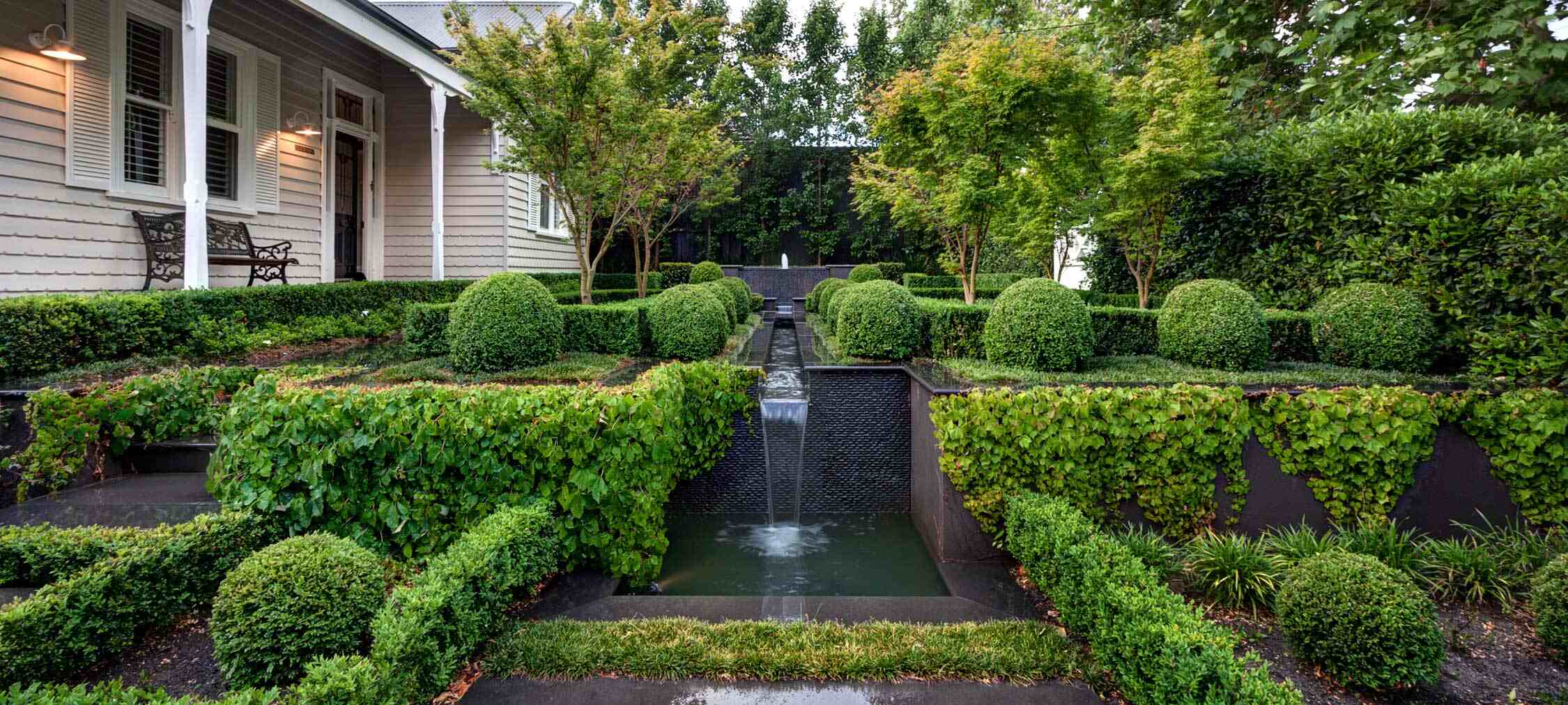
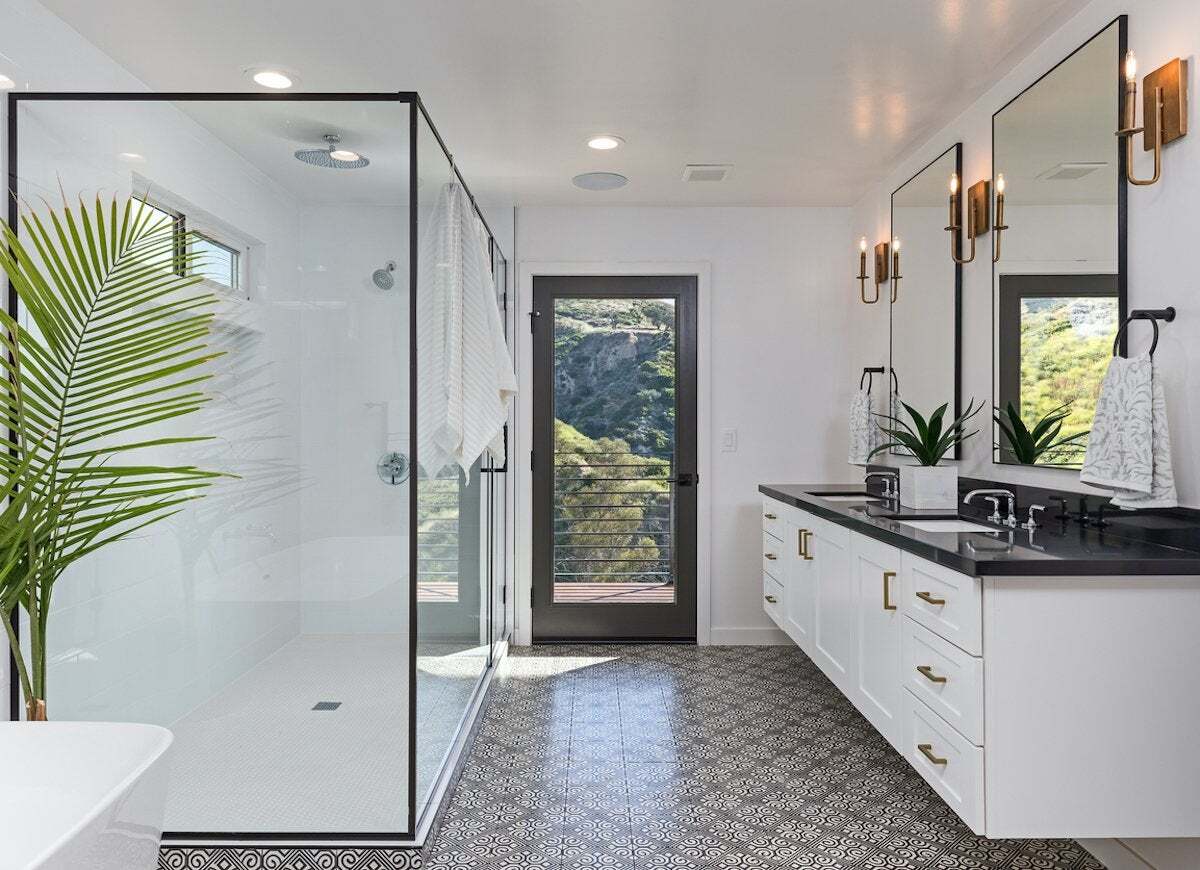

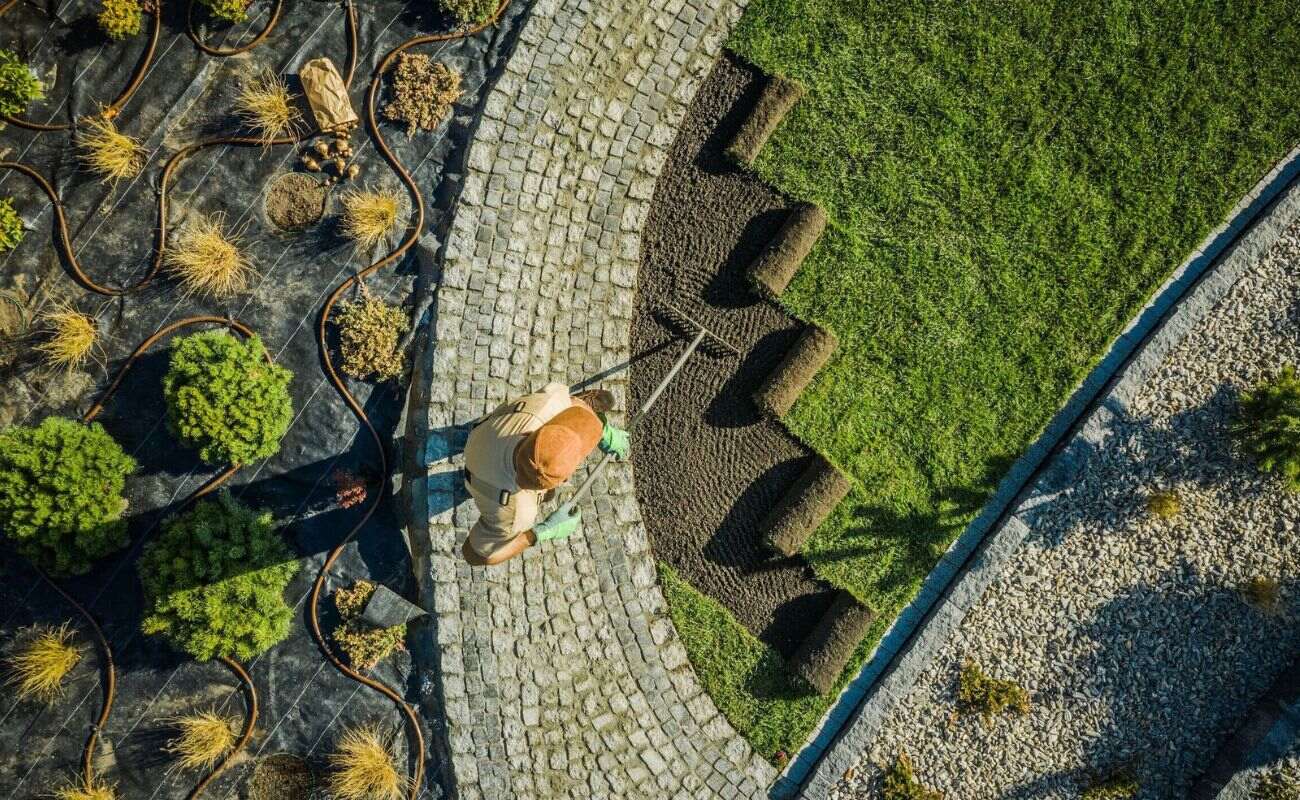
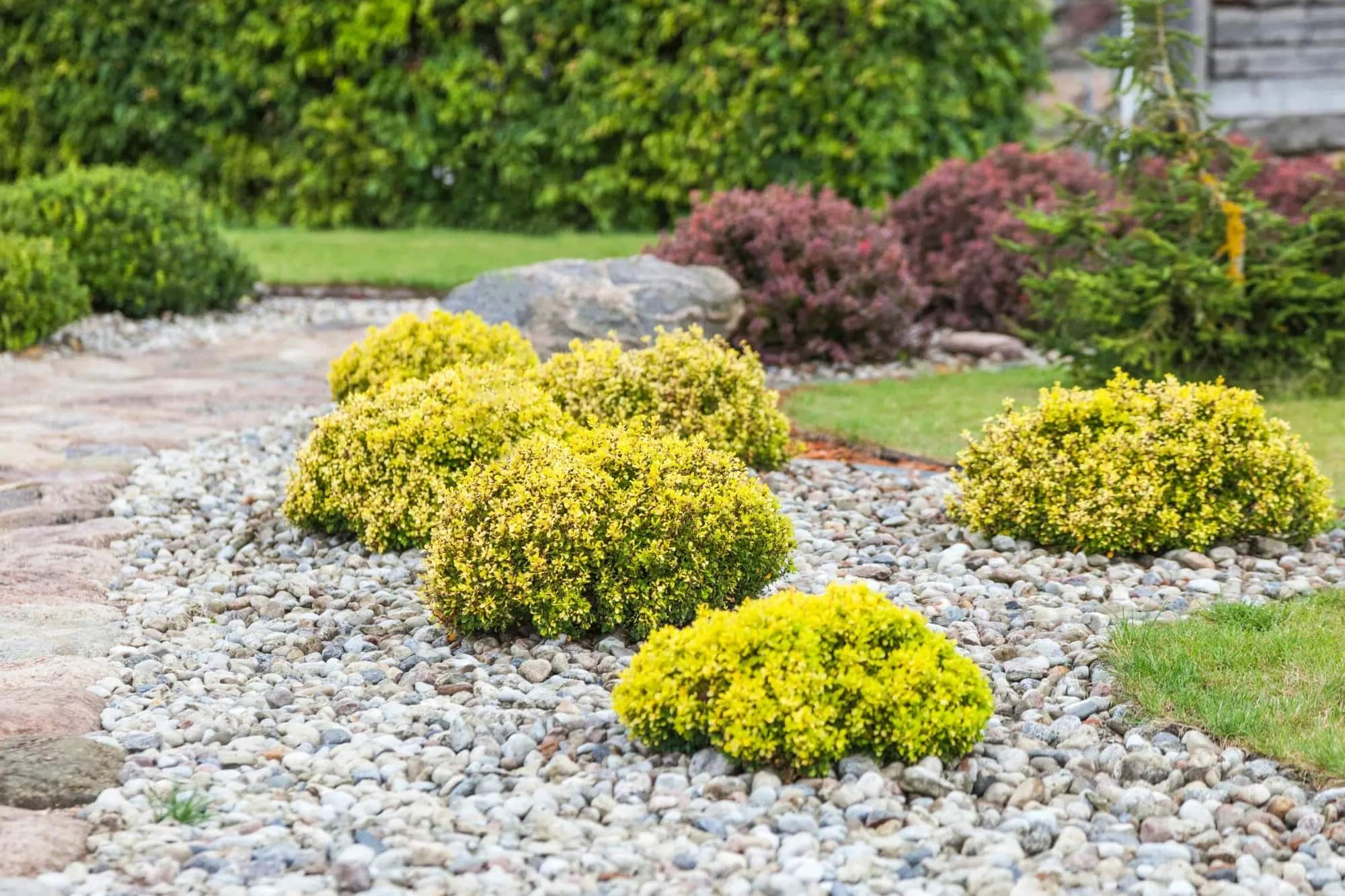
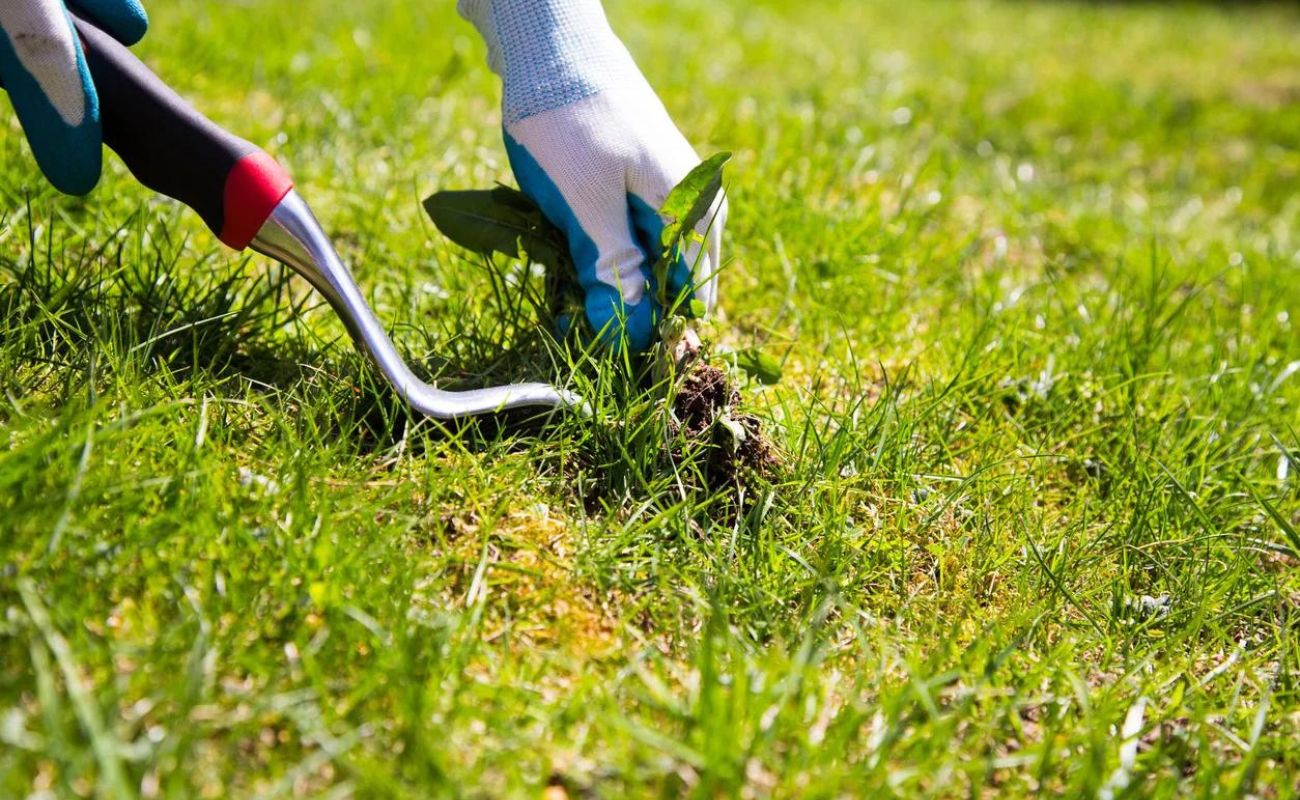
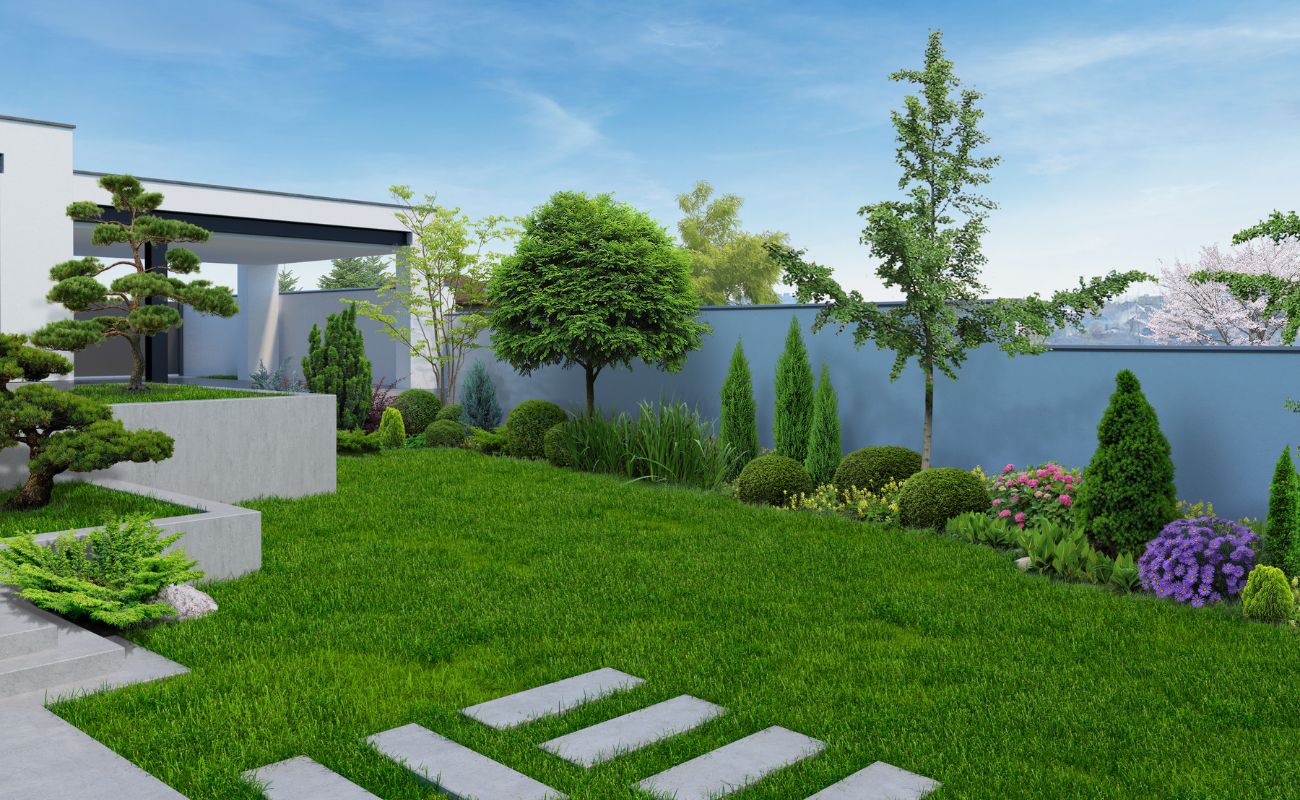
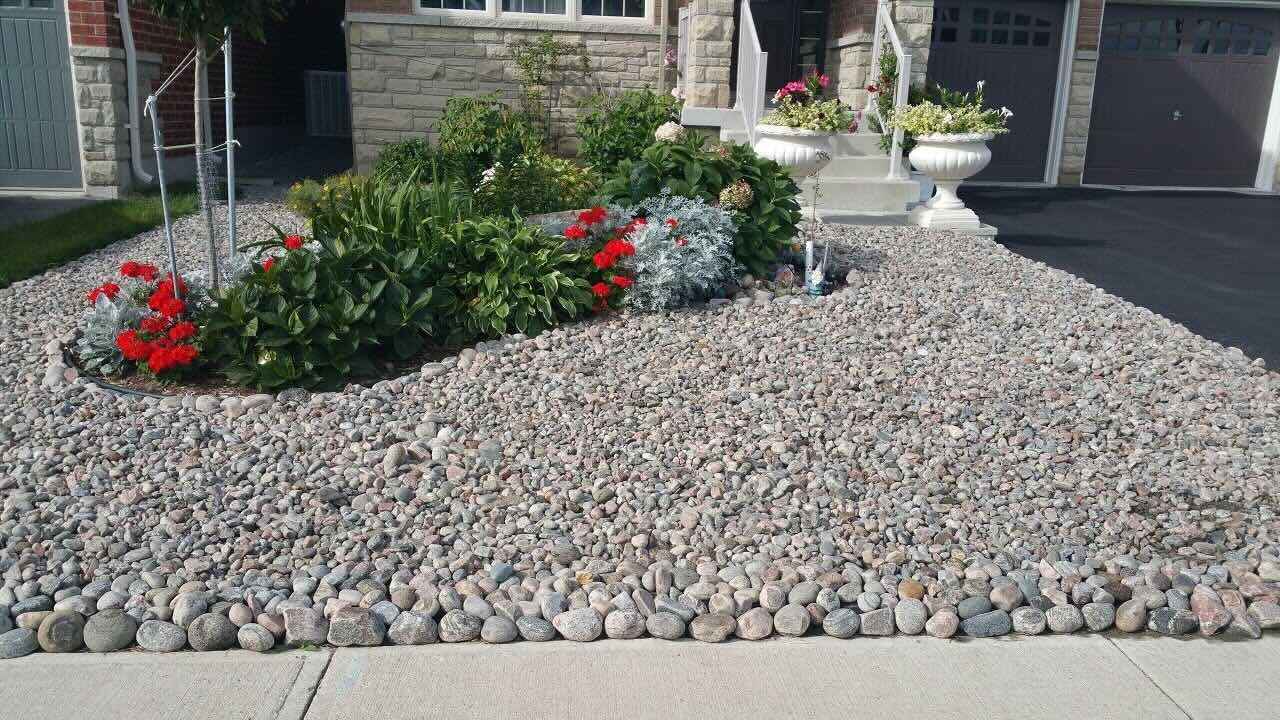

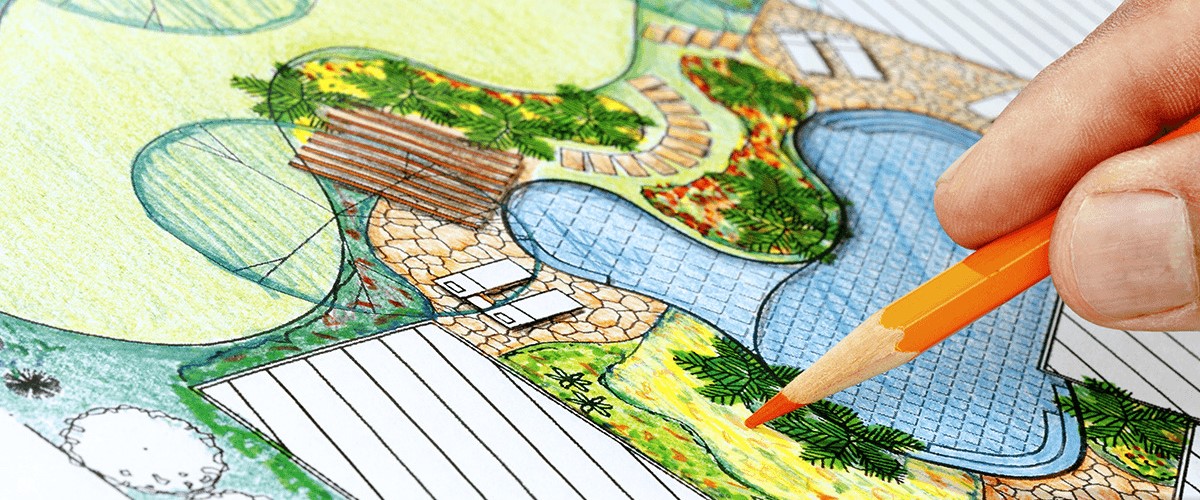

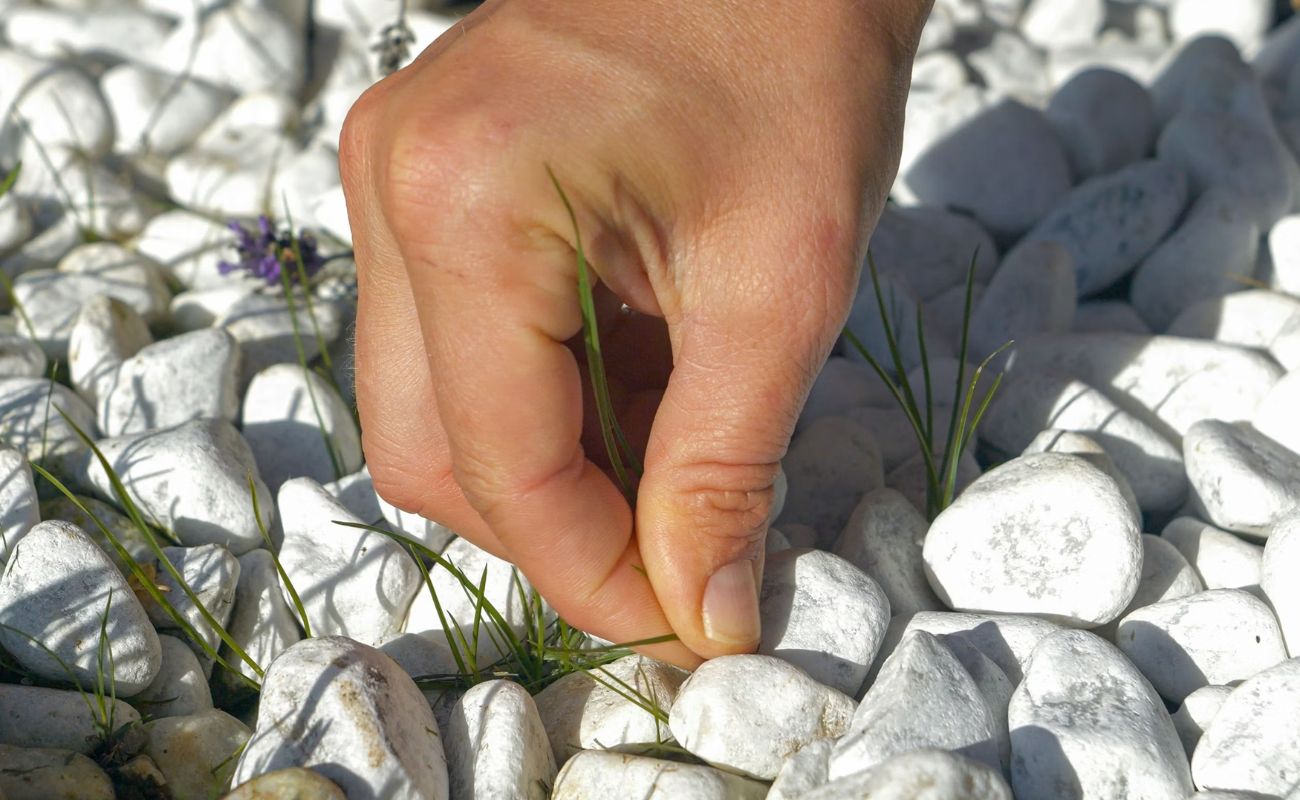

0 thoughts on “How To Get Landscape Design Experience”